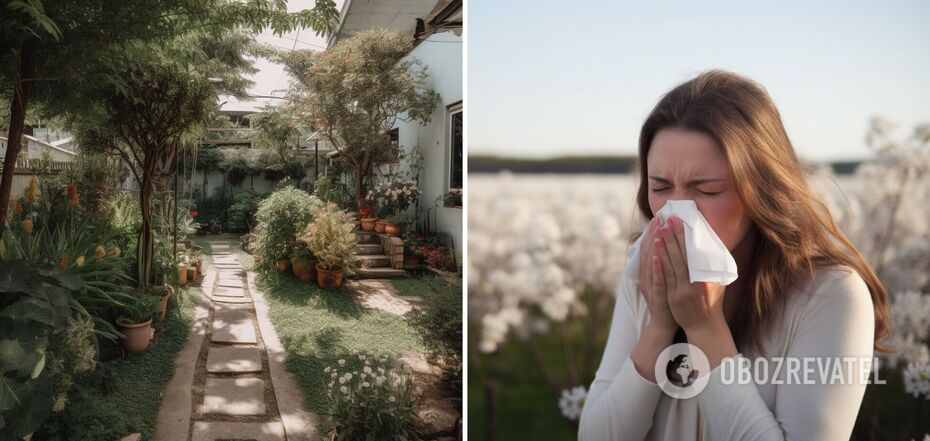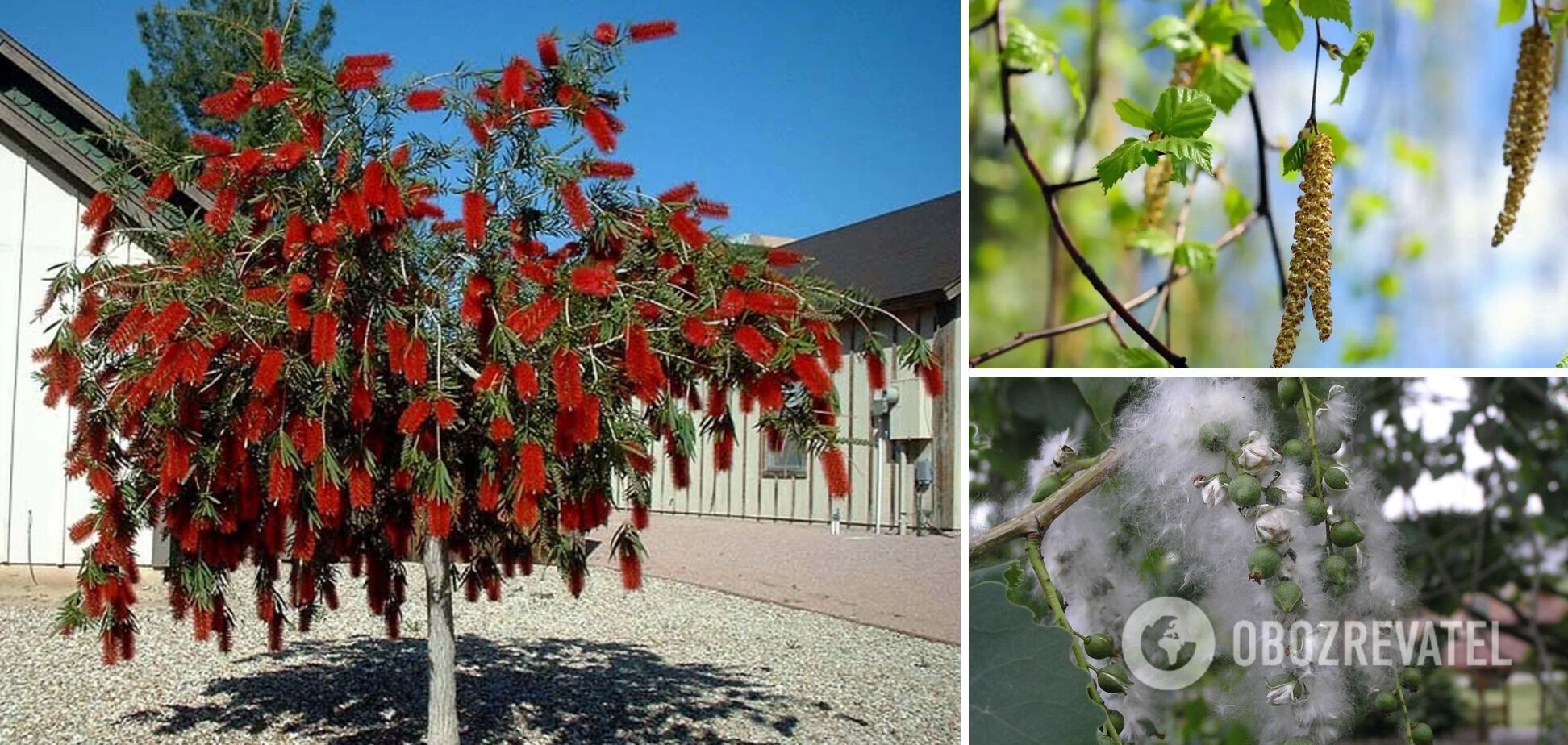Life
Garden plants that are most likely to cause allergies
The whole warm season is directly related to the surge of allergies. Sensitive people begin to suffer from pollen and cannot fully enjoy even simple walks in their gardens, not to mention working with plants as a favourite hobby. Fortunately, the influence of plants can be reduced by choosing species that emit less pollen and avoiding plants that have a lot of it.
House Beautiful asked experts which plant should be avoided by people with allergies. They made a list of such plants and gave some general recommendations.
How to choose plants
If you have someone in your family who is allergic to pollen, you need to follow the rules for selecting plants for the garden. According to Melanie Carver, mission manager for the Asthma and Allergy Foundation of America (AAFA), It's best to buy plants that are pollinated exclusively by insects. "Their pollen grains are much heavier and don't travel through the air as easily," she noted.
Such plants usually have large flowers with brightly colored petals and their pollen is sticky and clingy. It does not spread in the air but sticks to the bodies of bees, bumblebees, butterflies and other insects. Plants that require insect pollinators include many beautiful flowers, including annuals such as violets, geraniums, lobelia, begonia, and fern and perennials such as lilacs, geums and heucheras. Cuphea, catnip, petunia, Perovskia atriplicifolia and milk vetch are also great options.
Using gravel to sprinkle on paths and growing low-growing ground cover grasses such as periwinkle instead of using mulch are also good methods of keeping excess pollen out of the garden. Mulch can overgrow mold, while live plants and gravel cannot.
Most allergenic plants
Plants pollinated by airborne pollen transfer, on the other hand, can cause hay fever attacks in sensitive people. Such plants are:
- Thuja;
- Alder;
- Ash;
- Aspen;
- Beech;
- Birch;
- Callistemon;
- Poplar;
- Juniper;
- Oak;
- Willow.
How to reduce the harm from pollen
It is impossible to completely avoid contact with this allergen, but there is a chance to reduce its influence, even if you work in the garden. To do this, you need to follow certain rules.
- Avoid working with allergenic plants at the time when they are in bloom. That's when pollen levels are at their highest. For trees, this is usually spring, for grass it is summer, and for weeds it is fall. This is not a strict rule, though.
- Take your allergy medicine before you go outside. Start taking it early before symptoms appear.
- Work in the garden in the morning or evening when pollen counts are lowest.
- Use online services that report the amount of pollen in the air.
- Avoid working in the garden when it is windy as pollen rises and flies everywhere. The allergen can come from quite far away.
- Wear a hat and sunglasses, especially if you work in the garden. This will protect your eyes and hair from pollen.
- Remove your shoes before entering the house. Take a shower and wash your hair as soon as you come in from working in the garden. This way you will minimize the amount of pollen in the house.
- Wash the clothes you have been working in in hot water and dry them outside if possible. This will get rid of allergens in the fabric.
- While indoors, keep the windows closed and turn on the air conditioner in recirculation mode (if it has one).
Earlier OBOZREVATEL shared what plants will bloom in the garden until late autumn and delight you with bright colors.
Subscribe to OBOZREVATEL channels in Telegram, Viber and Threads to be aware of the latest events.




























